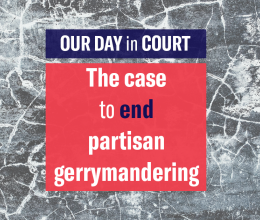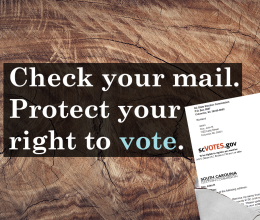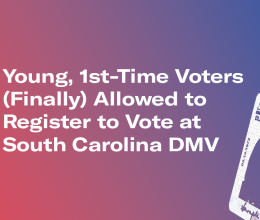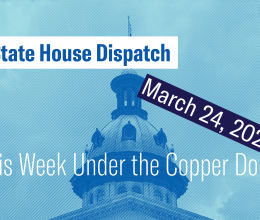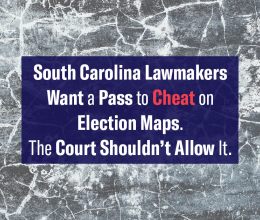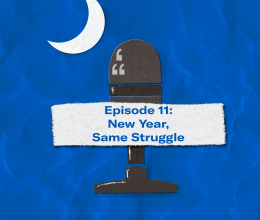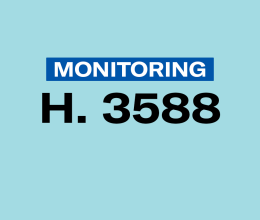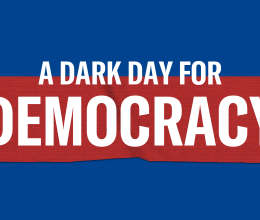
October 21, 2012. Orangeburg Times & Democrat. It is a good thing that South Carolina voters will not face the unnecessary hurdle of producing government-issued photo IDs on Nov. 6 of this year, but our work to protect voting rights can’t end with this. Our politicians should acknowledge (as Election Commission professionals do) that it is burdensome to vote only on the first Tuesday of November while our friends in over 30 states nationwide have far more flexible options for early voting.
We should consider allowing Election Day registration at the polls, like some other states, to accommodate recent arrivals in South Carolina and voters whose addresses have recently changed. Certainly we can take more proactive steps to restore voting rights to the many voters in our state who have been disfranchised by over-incarceration in the last 40 years.
Instead of investing in any or all of these reforms, the state spent $3 million, by its own estimate, to defend a voter ID law that was unfair to a significant group of South Carolina voters – as the state’s own data showed — who lacked government-issued photo IDs. The U.S. District Court ruling on Oct. 12 made it clear that the law “certainly would have been more restrictive” if the Department of Justice and the U.S. District Court in Washington had not intervened. They halted implementation of the law in its original form and expanded the interpretation of the “reasonable impediments” a voter might face to obtaining a photo ID.
Voters will not have to produce a government-issued photo ID on Election Day this year, nor fear that their votes might be challenged unfairly. Starting in 2013 and afterwards, voting without a government-issued photo ID will still be possible, but only by provisional ballot, for those who have valid reasons for not possessing these IDs. We await details on how these provisional ballots will be counted and will monitor to ensure that challenges are indeed rare and fair.
The voter ID lawsuit demonstrated not only that there was no evidence of voter fraud, but also that the Voting Rights Act remains vital. South Carolina was required by Section V of that act (which Congress reauthorized most recently in 2006 by an overwhelming margin in a bipartisan vote) to get approval of this change to our voting laws. If not for this, the voter ID law might have had a greater discriminatory impact on many voters in our state. We are glad that, for the present, it will not.
Victoria Middleton, Executive Director, ACLU of South Carolina

